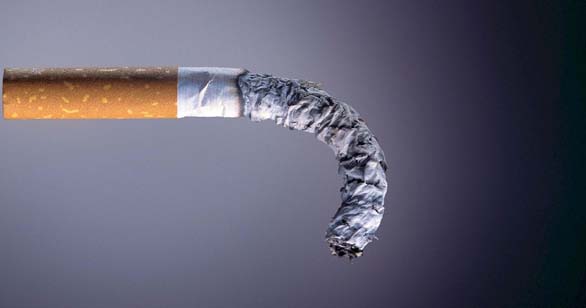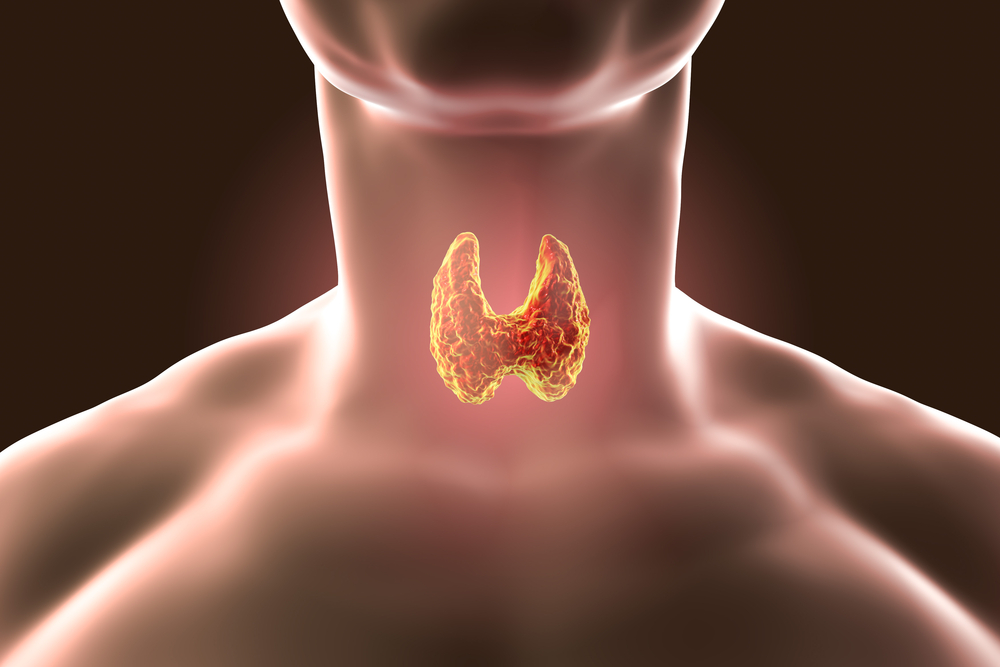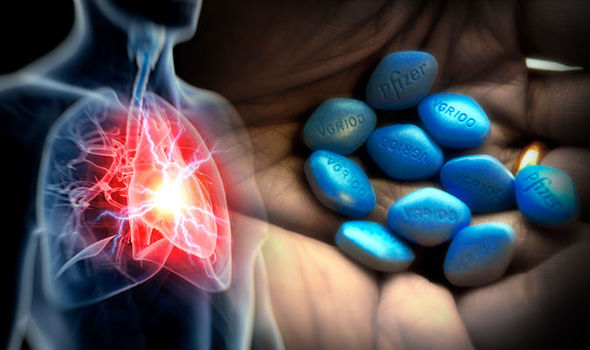What is testosterone deficiency?
You have probably heard about testosterone in light of men’s sexual health. Produced by the testes, this hormone drives libido, gives men their physical characteristics (like facial hair), and helps maintain muscle mass.
Some men’s bodies don’t make enough testosterone. This situation, called hypogonadism, can happen when there are problems with the testes or the part of the brain that triggers testosterone production. Hypogonadism can also be a result of chemotherapy, radiation therapy, inflammation, infection, and obesity.
In addition, men’s bodies make less testosterone as they get older. In fact, testosterone levels drop from 1% to 3% each year after a man’s 40th birthday. As a result, some – but not all – men start to have symptoms like low sex drive, fatigue, moodiness, erectile dysfunction (ED), and diminished muscle mass.
How is testosterone deficiency diagnosed?
Two criteria must be present for a man to be diagnosed with testosterone deficiency:
His testosterone levels must be lower than 300 ng/dL. Two total testosterone measurements taken on two different occasions are recommended. Because men’s testosterone levels fluctuate throughout the day, early morning measurements are the rule of thumb.
The man must exhibit symptoms of low testosterone, like the ones mentioned above – low libido, low energy, depression, ED, etc.
If a man meets only one of these criteria, then he does not have testosterone deficiency.
What is testosterone replacement therapy (TRT)?
Testosterone replacement therapy (TRT) is prescribed to some men with testosterone deficiency. This synthetic form of testosterone is typically administered through gels, patches, or injections.
What are the Recommendatios for TRT?
Clinicians should inform testosterone deficient patients that low testosterone is a risk factor for cardiovascular disease. Note: In 2015, the U.S. Food and Drug Administration (FDA) issued an advisory, expressing concerns that men who take testosterone might be at higher risk for heart attack and stroke. (Read more here.) However, the link to such events was considered controversial.
Clinicians should inform patients of the absence of evidence linking testosterone therapy to the development of prostate cancer. Note: There have been concerns that testosterone therapy might lead to prostate cancer, but this link has not been proven. However, testosterone can fuel the growth of existing prostate cancer cells, so TRT is not usually recommended for men with prostate cancer.
The long-term impact of exogenous testosterone on spermatogenesis should be discussed with patients who are interested in future fertility. Exogenous testosterone therapy should not be prescribed to men who are currently trying to conceive. Note: Testosterone is important for sperm production, but the synthetic form used in TRT might interfere with this process. Sometimes, sperm counts increase after men stop TRT, but this cannot be guaranteed. Men may decide to bank their sperm before starting therapy.
Clinicians should discuss the risk of transference with patients using testosterone gels/creams. Men are advised to wash their hands thoroughly after applying testosterone to the skin to avoid transfer to another person. They should also cover the application area before sex. (For example, if testosterone is applied to the shoulder, wearing a T-shirt can reduce the risk of transferring the gel or cream to a partner.)
Testosterone levels should be measured every 6-12 months while on testosterone therapy. Note: While on TRT, it’s important for men to see their doctor regularly for follow-up appointments so that testosterone levels can be assessed, and treatment can be adjusted, if necessary.




















